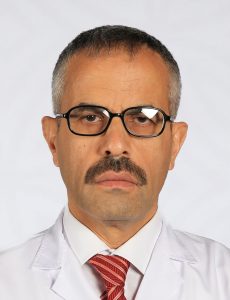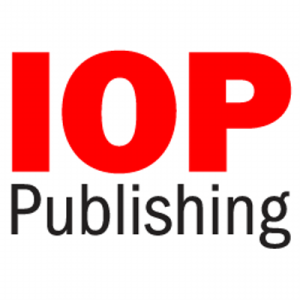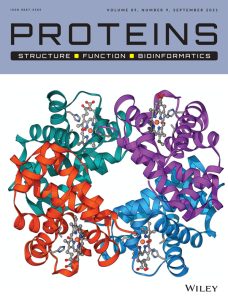Last spring, the Journal of Education, Society and Behavioural Science published a provocative paper stating that left-handed mothers in Singapore treat their LGBTQ+ children better than do right-handed moms.
Except the paper, “Left-Handed Mothers and LGBTQ+ Child Acceptance in Singapore: Exploring the Link through Early Life Rejection,” was fake, a sting, designed to cast shade on anti-gay science proliferating in Singapore.
The data were fabricated, and so were the authors, Jin Rabak and Hen Guai Lan. Their purported employer, Simisai University? A bogus institution with a name concocted for laughs: in Singaporean English, “simisai” means “what the shit.”
Continue reading The Singapore Sting: Why an activist published a fake paper on ‘LGBTQ+ child acceptance’







